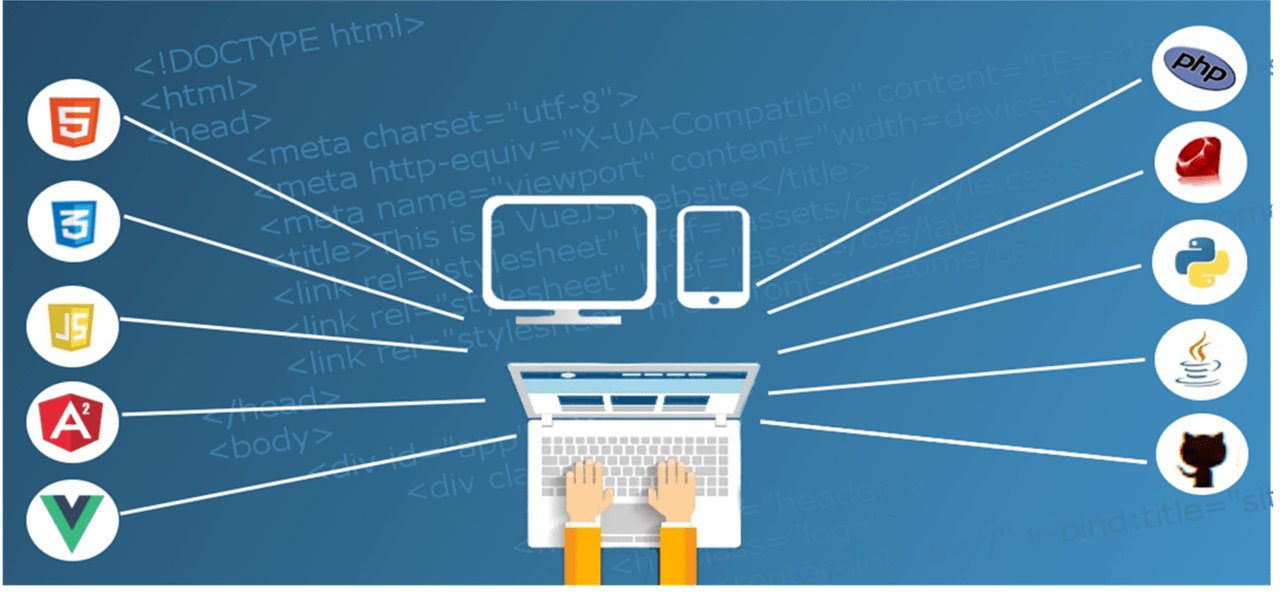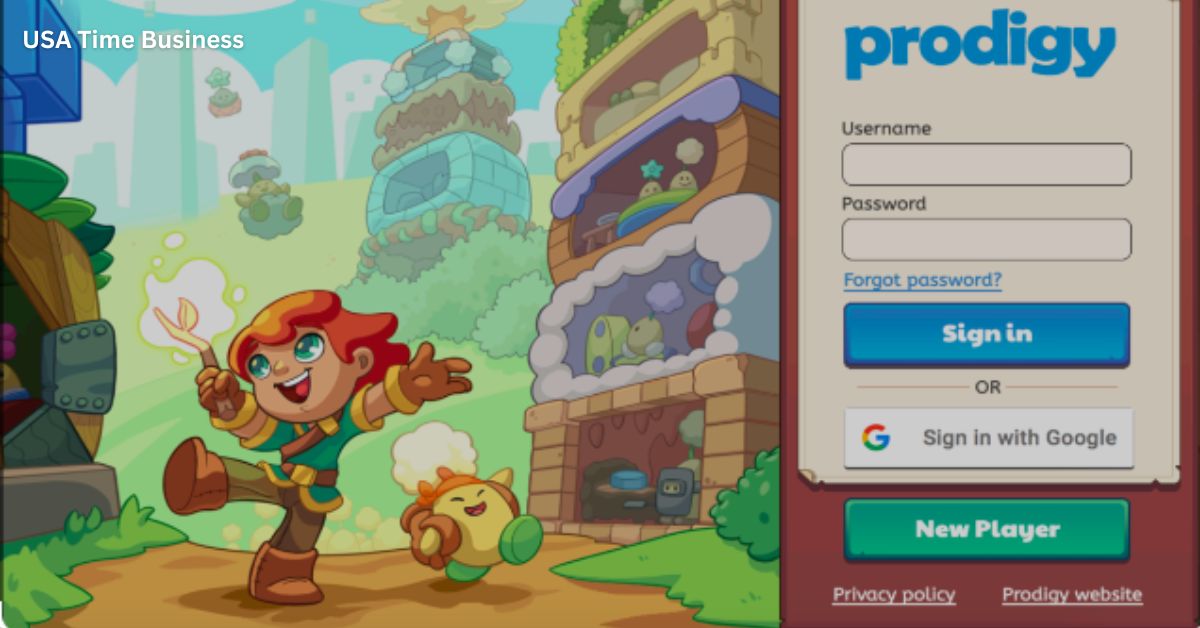In a world where information is just a click away, the power of anonymity has become both a blessing and a curse. Welcome to the era of Iganony – where individuals can hide behind virtual masks, unleashing their thoughts without fear of repercussions. But as we navigate this digital age, it’s crucial to acknowledge the double-edged sword that Iganony wields. Join us on this thought-provoking journey as we delve into its profound impact on society, exploring its benefits and perils in equal measure. Brace yourself for an eye-opening exploration of how Iganony shapes our online interactions and challenges the essence of truth and accountability in today’s hyper-connected world.
Contents
- 1 Introduction to the concept of iganony and its relevance in today’s digital age
- 2 The benefits of iganony in maintaining privacy and anonymity online
- 3 The potential dangers of iganony, such as cyberbullying and identity theft
- 4 Real-life examples of how iganony has been used for good and for harm
- 5 Tips for safely navigating the use of iganony, including setting boundaries and being aware of potential risks
- 6 The role of technology companies in promoting responsible
- 7 Conclusion
Introduction to the concept of iganony and its relevance in today’s digital age
Iganony, derived from the words “ignorance” and “anonymity,” refers to being unaware or uninformed while remaining anonymous in the digital world. In simpler terms, it purposely shields oneself from information and opinions while still participating in online activities without revealing one’s true identity.
In today’s digital age, where almost everything is accessible at our fingertips, iganony has become a prevalent phenomenon. With social media platforms providing a platform for people to anonymously express their thoughts and opinions, it has become easier for individuals to engage in online activities without accountability. This concept has both positive and negative implications for society.
On the one hand, iganony can be seen as a tool for promoting free speech and open dialogue. It allows individuals to speak up without fear of judgment or repercussions based on their identities. This can be incredibly empowering for marginalized groups who may face discrimination or backlash if they openly express their views under their real names.
However, on the other hand, iganony can also lead to harmful consequences such as cyberbullying, online harassment, and the spread of false information. Without being held accountable for one’s actions or words, individuals may feel more comfortable engaging in malicious behaviour towards others. This not only creates a toxic environment but also undermines the credibility of online content.
Moreover, iganony also needs help regulating online activities and ensuring safety in digital spaces. The anonymity offered by various platforms makes it difficult to track and hold individuals accountable for illegal or harmful actions. This can lead to the spreading of hate speech, cybercrimes, and other malicious activities.
In conclusion, while iganony can be seen as a means of self-protection and empowering marginalized voices, it also has negative implications that cannot be ignored. As more and more aspects of our lives become intertwined with technology, it is essential to understand the concept of iganony and its impact on society. Striking a balance between anonymity and accountability is crucial in maintaining a safe and ethical digital space for all individuals.
The benefits of iganony in maintaining privacy and anonymity online
Privacy and anonymity have become increasingly important concerns for internet users in today’s digital age. With the rise of social media, online shopping, and digital communication, more personal information is being shared and stored online. This has led to a growing demand for tools that can help protect our privacy and maintain our anonymity while using the internet.
One such tool that has gained popularity in recent years is iganony – a combination of the words “internet” and “anonymity”. Iganony refers to using various techniques and technologies to conceal one’s identity or personal information while using the internet. While it may seem like a double-edged sword with potential drawbacks, there are many benefits to utilizing iganony in maintaining privacy and anonymity online.
1. Protection from Online Tracking: One of the main benefits of iganony is its ability to protect users from online tracking. Many websites and companies track user behaviour, browsing history, and other personal data for targeted advertising or other purposes without their knowledge or consent. Individuals can mask their IP address and prevent websites from tracking online activities using iganony tools such as VPNs (Virtual Private Networks) or anonymous web browsers like Tor.
2. Securing Sensitive Information: Another advantage of iganony is its ability to secure sensitive information such as financial transactions, login credentials, or private messages from potential hackers or cybercriminals. Encryption technology in some iganony tools ensures that data is transmitted securely and encrypted, making it difficult for anyone to intercept or access.
3. Protecting Personal Reputation: Our online presence is closely tied to our reputation in today’s digital landscape. Any negative information or activities associated with our online accounts can have real-world consequences. By using iganony tools, individuals can maintain their anonymity and protect their reputation from being impacted by their online activities.
4. Access to Restricted Content: In some countries, specific websites or content may be blocked or restricted due to government censorship or other reasons. Iganony tools such as VPNs can help individuals bypass these restrictions and access their desired content without revealing their location or identity.
5. Freedom of Speech: In many parts of the world, speaking out against political regimes or expressing dissenting opinions can have severe consequences. Iganony can provide a safe and anonymous platform for individuals to exercise their freedom of speech without fear of retaliation.
The potential dangers of iganony, such as cyberbullying and identity theft
Online platforms and social media have become increasingly prevalent in today’s digital age. With this rise in technology comes a new concept known as iganony – being anonymous online. While anonymity can have benefits, such as allowing individuals to express themselves without fear of judgment or backlash freely, it also poses potential dangers. This section will delve into some of the most concerning risks associated with iganony – cyberbullying and identity theft.
Cyberbullying is a form of harassment that occurs through electronic communication and is carried out by individuals hiding behind a screen. With the ability to remain anonymous online, cyberbullies often feel emboldened to target their victims without consequences. Bullying can take various forms, from sending hurtful messages or spreading rumours to sharing embarrassing photos or videos. The effects of cyberbullying can be devastating for victims, leading to low self-esteem, depression, anxiety, and even suicide.
Iganony also opens up opportunities for identity theft – the fraudulent use of someone else’s personal information for financial gain or other illegal activities. With the abundance of personal information available on social media platforms and the ease at which one can create fake profiles or identities online, it has become much easier for criminals to steal someone’s identity. This could result in financial loss for individuals whose bank accounts are hacked, or credit card details are stolen. It can also damage one’s reputation if their stolen identity is used to engage in criminal activities.
Moreover, iganony can also lead to the spread of false information and the manipulation of public opinion. With the ability to remain anonymous, individuals may feel more comfortable spreading rumours or fake news without accountability. This can have serious consequences, especially in today’s political climate, where false information can sway public opinions and influence election outcomes.
Furthermore, iganony can also make it difficult to hold individuals accountable for their actions online. Without knowing someone’s true identity, it becomes challenging to take legal action against them for cyberbullying or other forms of online harassment. This lack of accountability perpetuates a toxic online environment where individuals can get away with harmful behaviour without facing any repercussions.
In conclusion, while anonymity online may seem appealing to some, it is essential to recognize the potential dangers that come with it. Cyberbullying, identity theft, and the spread of false information are just a few examples of how iganony can harm individuals and society. Both children and adults alike must be aware of these risks and practice responsible online behaviour to ensure a safer and more positive digital space.
Real-life examples of how iganony has been used for good and for harm
In today’s digital age, iganony, or the ability to remain anonymous online, has become a double-edged sword. On one hand, it allows individuals to express their opinions and ideas without fear of repercussions freely. However, on the other hand, it also opens up opportunities for cyberbullying, trolling, and other harmful behaviours.
To better understand how this phenomenon has affected our society, let’s look at real-life examples of how iganony has been used for good and evil.
1. Good: Whistleblowing and Exposing Injustices
One positive aspect of iganony is its ability to protect whistleblowers who wish to expose injustices or wrongdoings without fear of retaliation. For instance, in the case of Edward Snowden, an American whistleblower who leaked classified information from the National Security Agency (NSA), remaining anonymous allowed him to bring attention to government surveillance practices without danger.
Similarly, iganony has also been utilized by activists in oppressive regimes to spread awareness about human rights violations and demand social change without jeopardizing their safety.
2. Harm: Cyberbullying and Online Harassment
On the flip side, iganony has enabled cyberbullies and online harassers to hide behind fake identities while targeting their victims. This behaviour can severely affect those being bullied and their mental health.
In recent years, there have been numerous cases where individuals have taken their own lives due to relentless cyberbullying and online harassment. In some cases, the perpetrators have been shielded by their anonymity, making it difficult for law enforcement to hold them accountable.
3. Good: Creating Safe Spaces for Vulnerable Communities
Iganony has also been used to create safe spaces for vulnerable communities, such as LGBTQ+ individuals and survivors of abuse or trauma. Online support groups and forums allow these individuals to find a sense of community and seek help without revealing their identity.
Moreover, anonymous social media platforms like Whisper and Secret have given people a platform to share their personal stories and struggles without fear of judgment from friends or family.
4. Harm: Spreading Misinformation and Hate Speech
The ability to remain anonymous online has also allowed individuals to spread false information and hate speech without facing consequences. In today’s polarized political climate, this has led to the rapid spread of misinformation that can have real-world results.
Similarly, hate groups have used online anonymity to recruit members and spread their harmful ideologies without repercussions.
Iganony (short for “internet anonymity”) has become increasingly prevalent in today’s digital age. While it has benefits, such as allowing people to express themselves without fear of judgment or repercussions, it also comes with risks and challenges. In this section, we will discuss some tips for safely navigating the use of iganony, particularly in setting boundaries and being aware of potential risks.
1. Set clear boundaries for yourself
One of the most important things to remember when using iganony is establishing clear boundaries for yourself. This means deciding what you are comfortable sharing online and what information you want to keep private. It is also essential to fully understand your values and beliefs to stay true to them while hiding behind a screen.
Setting boundaries can also include limiting your time on anonymous platforms or avoiding specific topics that may be triggering or harmful. By establishing these limits, you can ensure that your use of iganony remains healthy and beneficial.
2. Be mindful of your online behaviour
When using iganony, it is crucial to remember that your actions still have consequences. Just because you are anonymous does not mean that what you say or do online cannot affect others. It is essential to be mindful of how your words and actions may impact others and take responsibility for them.
Furthermore, avoid engaging in any activities that may be illegal or unethical, even if they seem harmless, because you are anonymous. Always remember that there is still a natural person behind every screen, and your actions can have real-life consequences for them.
3. Be aware of potential risks
It is essential to be aware of the potential risks of using iganony. These include cyberbullying, online harassment, and identity theft. While anonymity can provide protection, it can also make you more vulnerable to these dangers.
To mitigate these risks, be cautious about the information you share online and who you interact with. Avoid giving out personal information such as your full name, address, or phone number. If someone makes you feel uncomfortable or harassed, do not engage with them and consider reporting their behaviour to the appropriate authorities.
4. Use anonymous platforms wisely
Not all anonymous platforms are created equal. Some may have better security measures in place than others, while some may have a higher level of toxicity among users. Research and read reviews before using any anonymous platform to understand what to expect.
Additionally, using these platforms wisely and for their intended purpose is essential. Using them for cyberbullying or other harmful activities goes against their goal and can create a toxic online environment.
The role of technology companies in promoting responsible
Technology companies play a significant role in shaping our daily lives in today’s digital age. From social media platforms to e-commerce websites, these companies have become an integral part of our society. With the advancement of technology, the influence and reach of these companies have only increased exponentially. However, with great power comes great responsibility.
The responsible use of technology has become a prevalent topic in recent years as concerns over data privacy, cyberbullying, and online harassment continue to rise. As the creators and providers of digital technologies, technology companies must promote responsible usage among their users.
Technology companies can fulfil this responsibility by implementing robust policies and guidelines for user behaviour on their platforms. By having clear terms of service and community guidelines, companies can set expectations for appropriate conduct on their platform and take action against those who violate them.
Moreover, technology companies can also invest in developing tools and features that encourage responsible usage among their users. For instance, social media platforms can introduce features such as post-scheduling or time limits on app usage to prevent users from spending excessive time online. These small changes promote responsible habits and consider users’ mental well-being.
Additionally, educating users about safe internet practices is another essential aspect that falls under the responsibility of technology companies. Companies can offer resources such as online safety guides or workshops to teach users to protect their personal information online and identify potential risks or threats.
Another critical role that technology companies play in promoting responsible usage is by being transparent about their data collection and usage practices. With increasing concerns over data privacy, companies need to be upfront about collecting, storing, and using user data. This transparency builds trust with users and allows them to make informed decisions about their online activity.
Lastly, technology companies can use their platforms and reach to promote positive messaging and behaviour among their users. For example, social media platforms can partner with organizations that focus on cyberbullying prevention or mental health awareness and use their platform to amplify these messages.
Conclusion
In conclusion, technology companies have a significant role in promoting responsible usage among their users. By implementing policies and guidelines, offering resources for safe internet practices, being transparent about data collection and usage, and using their platforms for positive messaging, these companies can help create a safer and more responsible digital environment for all users.
Explore our additional articles for more insights and enjoy!
- Why Every Fashionista Needs a pork pie hat in Their Wardrobe

- Ultimate Guide to Shopping for parachute pants: Where to Buy, What to Look For

- Exploring the Delicate Flavors of tagliolini Pasta: A Culinary Journey

- Uncovering the Truth Behind blog del narco: A Deep Dive into Mexico’s Drug War

- Exploring the History and Tradition of cempasuchil in Day of the Dead Celebrations

- The Ultimate Guide to boquerones: How to Prepare and Enjoy these Spanish Delicacies






